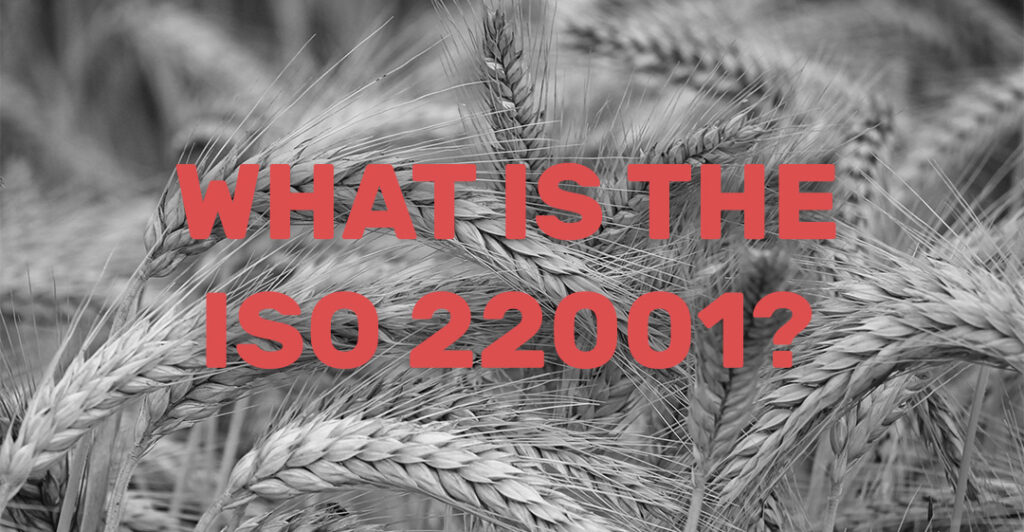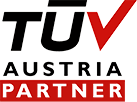
ISO 22000 FOOD SAFETY MANAGEMENT
Send requestCertification of your ISO 22000 food safety management system demonstrates your commitment to control food safety risks. The standard implies continuous improvement and customer satisfaction. These are tangible benefits that play an important role in the sustainability of your business. ISO 22000 – Food Safety Management establishes specific requirements for a food safety management system that enhances your ability to consistently provide products and services that meet customer, legal and regulatory requirements.
What is ISO 22000?

ISO 22000 is compatible and harmonized with other international management system standards including ISO 9001. It is ideally suited for integration with existing management systems and processes.
ISO 22000 is applicable to all organizations directly or indirectly involved in the food chain. This includes packaging or detergent manufacturers, cleaning service providers, pest control or industrial laundry services. It assesses and demonstrates product compliance with food safety and food safety risk control requirements. The standard ensures food safety from farm to fork based on the following widely recognized key elements:
- Interactive communication: an innovative and important factor for risk management. A structured flow of information in all directions, inside and out. This guarantees effective hazard control.
- HACCP principles (Hazard Analysis and Critical Control Points): basic methodology for planning safe production processes, suitable for each individual company, without excessive bureaucracy.
- System management: control of the interaction between the elements of the system ensures the efficiency and effectiveness of the system.
Mandatory programs: Good manufacturing practices, good hygiene practices, good agricultural practices including equipment and building maintenance programs, and pest control programs are the pillars on which the HACCP system is based.
Benefits of certification
Certification according to ISO 22000 – food safety management by an independent third party validates FSMA’s effectiveness in the food chain value.
The ISO 22000 standard enables your organization to:
- Establish and use a food safety management system within a well-defined and clear framework that is flexible to the needs and expectations of your business.
- Understand what the real risks are to consumers and to your company.
- Provide a tool to improve food safety performance and a means to effectively monitor and measure food safety performance.
- Better compliance with food safety laws and corporate requirements.
Certification according to the standard provides your company with an effective means of communication with your stakeholders. It is an important element in demonstrating a commitment to food safety in accordance with corporate governance, corporate responsibility and financial reporting requirements.

 News
News
США ОШТРАФУВАЛО TOYOTA НА 180 МЛН. ДОЛАРІВ ЗА ПРИХОВУВАННЯ ЕКОЛОГІЧНОЇ ЗВІТНОСТІ
14 січня Міністерство юстиції США та Агентство з охорони навколишнього середовища США заявили, що Toyota North America погодилася виплатити 180…

 News
News
ARCELORMITTAL HAMBURG IS THE FIRST GREEN STEEL MILL
ArcelorMittal is developing an innovative new project at its Hamburg, Germany, facility aimed at the first commercial production and use…

 Articles
Articles
ANTHONY M. SMITH IS A LIVING LEGEND AT RCM
A short interview with one of the most revered reliability and maintenance (RCM) experts, Anthony M. Smith. Anthony M. Smith…

 Articles
Articles
DO ISO CERTIFICATES ENHANCE INTERNATIONALIZATION? EXAMPLE OF PORTUGUESE INDUSTRIAL SMES (PART 2)
Part One. This article is a free translation of the work of Luis Pacheco, Carl Lobo, and Isabel Maldonado. Results…

 Articles
Articles
DO ISO CERTIFICATES ENHANCE INTERNATIONALIZATION? EXAMPLE OF PORTUGUESE INDUSTRIAL SMEs (PART 1)
This article is a free translation of the work of Luis Pacheco, Carl Lobo, and Isabel Maldonado. Introduction The debate…

 Articles
Articles
Developing a Risk Analysis Strategy Framework for Impact Assessment in Information Security Management Systems: A Case Study from the IT Consulting Industry. Part 2
Part One. This article is a free translation of the work of Fotis Kitsios, Elpinica Hatzidimitriou and Maria Kamariotou. 4….

 Articles
Articles
DEVELOPING A RISK ANALYSIS FRAMEWORK FOR IMPACT ASSESSMENT IN INFORMATION SECURITY MANAGEMENT SYSTEMS: A CASE STUDY FROM THE IT CONSULTING INDUSTRY. PART 1
This article is a free translation of the work of Fotis Kitsios, Elpinica Hatzidimitriou and Maria Kamariotou. 1. Introduction Information…

 Articles
Articles
Problems of the classic MRO schedule
What would an ideal maintenance schedule look like? First of all, to answer this question, we need to look at…




